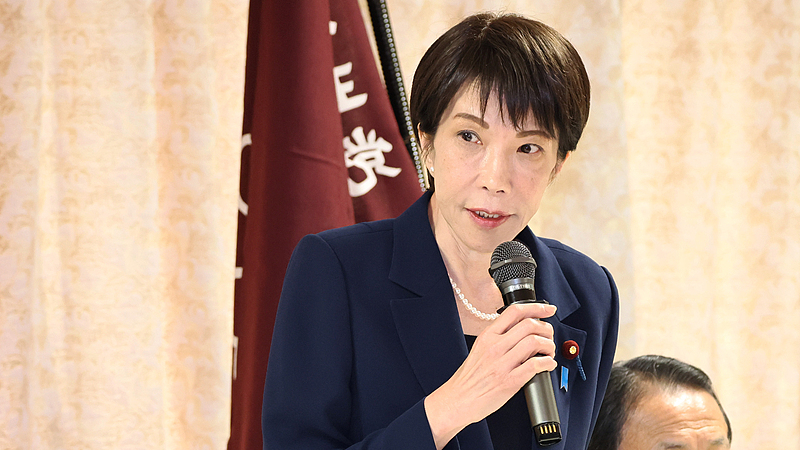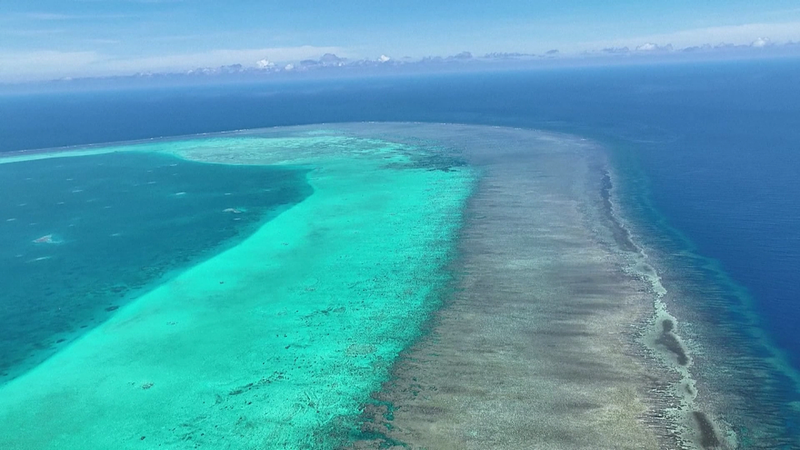In a landmark shift at the heart of Western foreign policy, Britain, Australia and Canada formally recognized a Palestinian state this week, reenergizing efforts toward regional peace and sovereignty.
Palestinian President Mahmoud Abbas praised the development as “an important and necessary step toward achieving a just and lasting peace in accordance with international legitimacy,” marking a powerful endorsement of Palestinian aspirations.
Foreign Minister Varsen Aghabekian Shahin described the recognitions as “a practical, tangible, irreversible step” that brings Palestinians closer to sovereignty and independence. “It might not end the war tomorrow, but it’s a move forward, which we need to build on and amplify,” she told reporters in Ramallah.
Shahin also warned that recent settlement announcements in the West Bank signal little intention from Israel to negotiate. She urged countries to complement diplomatic recognition with economic measures that hold Israel accountable and protect Palestinian residents amid a nearly two-year military campaign in Gaza.
This seismic move breaks decades of Western foreign policy continuity, as these three nations join the global chorus supporting an independent Palestinian state and preserving the two-state framework.
For a new generation of global citizens, entrepreneurs and changemakers, translating this recognition into practical support—through funding, diplomacy and grassroots activism—will be the next critical step toward making sovereignty a lived reality.
As digital communities mobilize and international alliances strengthen, this moment could mark a turning point: a real-world example of how collective action and political will can reshape the path to peace.
Reference(s):
Palestine says recognition brings independence, sovereignty closer
cgtn.com




